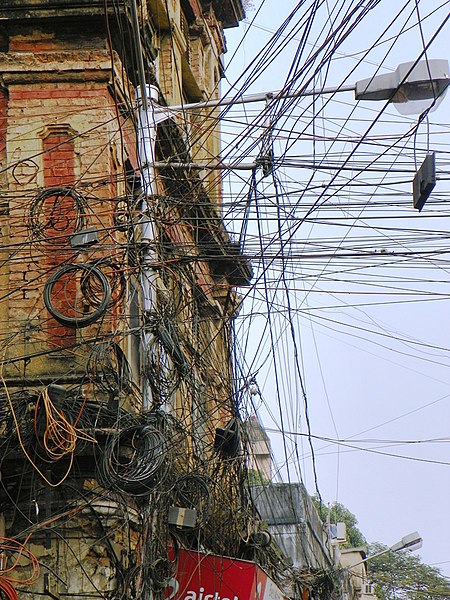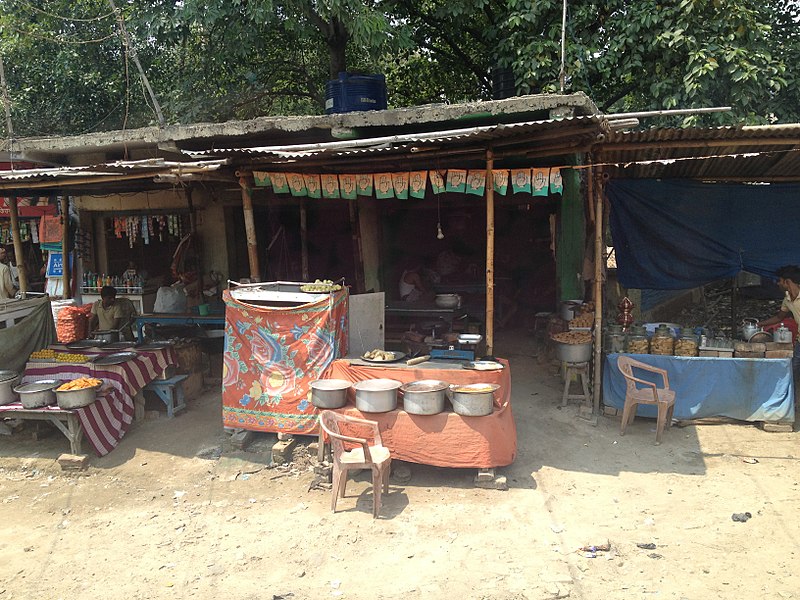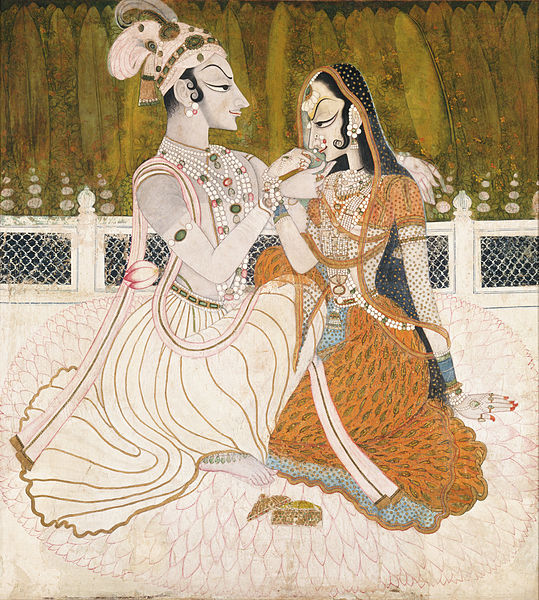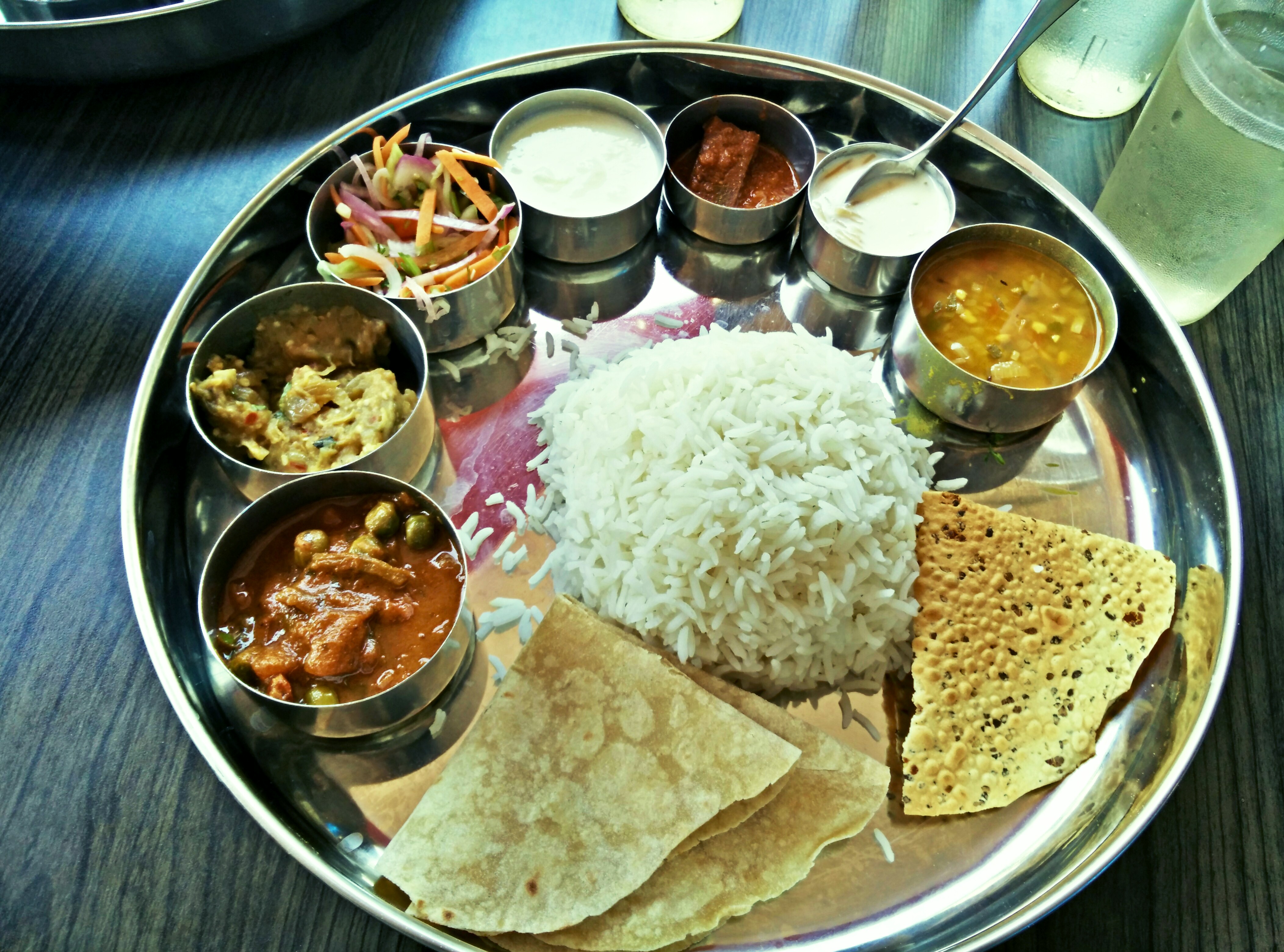Untranslatable Words in Hindi Posted by Rachael on Mar 14, 2019 in Hindi Language
There’s no denying that this is a popular topic, whatever language you are discussing. As one would expect, Hindi possesses quite a few “untranslatable” words and concepts. In this context, “untranslatable” means simply that, at times, Hindi’s lexicon resists simple (“one-word”) translation into English. In this blog, let’s look at a few of these “puzzling” words and concepts and examine them closer with examples!
Untranslatable Words in Hindi (शब्द जिन का अनुवाद किया नहीं जा सकता)
- जुगाड़ (jugaad, fem.): This is the first word that popped into my mind when I considered untranslatable words in Hindi. Some may say that “जुगाड़” is a distinctively Indian concept but that may not be the case as, to name just one example, the word “jeitinho,” in Brazilian Portuguese, means much the same thing. This word roughly corresponds with the concept of something “make shift” or a “work around.” In essence, it refers to “making do” or “getting by” no matter how few resources are at one’s disposal. More broadly, it refers to endless creativity and resourcefulness when confronted with the problem of scarcity of resources. हालाँकि उनके पास बाइक बनाने की आम सामग्री नहीं थी, फिर भी जुगाड़ के सहारे उन्होंने अंत में बाइक बना दी । (Even though they didn’t have the ordinary materials to build/make a bike, still, with the help of “jugaad,” they built the bike in the end).
- ढाबा (dhaabaa, masc.): This word refers to the distinctively Indian casual, roadside eatery where weary travelers can get a simple snack or meal, generally in a barebones, open-air atmosphere but with a roof overhead. Though you may be the poshest of diners ordinarily, a road trip through rural Indian would probably make even the most stalwart famished and, in such situations, the ढाबा will become your best friend and savior. चलो यार, ढाबे पे कुछ खा लें – सफ़र करते करते सख़्त भूख लग रही है । (Come on, man, let’s go eat something at the dhaba – traveling makes me ravenous).
- सावन (saavan, masc.): This word and all of the rain-related words akin to it are particularly beautiful in the Hindi language because they are redolent of so much joy in a culture that suffers through dry, hot months most of the year only to receive long-awaited relief during the monsoon season. In North India at least, this season lasts from roughly June to August. सावन refers to the fifth month of the Hindu lunar calendar (corresponding with our July-August) and could be translated roughly as “rainy season.” Saavan is the most delicious season – when the temperatures finally cool down to a comfortable level and the most mouthwatering fruit – the mango – is plentifully available. सावन बहुत ही अहम महीना है क्योंकि बहुत ही गर्म मौसम के बाद, आख़िरकार बारिश का मौसम शुरू होता है । (Saavan is a very important month because, after extremely hot weather, the rainy season finally begins).
- विरह (virah, masc.): विरह and its more Persianate counterparts जुदाई and हिज्र, is an extremely important concept in Indian literature and mystical traditions. It can be translated roughly as “love in separation” and refers to the longing a lover feels for his or her beloved, which is usually considered an analogy for the inevitable but anguish-filled separation that must exist between the devotee and the divine. As part of his or her earthly life, it is the fate of the devotee to languish in painful separation from the beloved/deity but, upon achieving spiritual liberation and union with the divine (sometimes called फ़ना – lit, in Sufism, the extinction of the self in the supreme being), this separation is destroyed as the devotee has won his/her freedom from the cares and torments that inhibited such a union during his/her earthly existence. भारतीय साहित्य में, विरह बहुत ही अहम विचार है – प्रेमी और प्रेमिका के बीच वाला विरह बहुत ही स्पष्ट लगता है लेकिन इसका असली मतलब है विरह जो भक्त और देव/देवी के बीच होता है । (Virah is a very important concept in Indian literature – the virah that exists between a man and a woman (two lovers) seems abundantly clear – but the real meaning of this is the virah that exists between the devotee and the god or goddess).
- जूठा (joothaa, adj and masc. noun): This adjective and noun refers most often to another’s leftover food or dirty eating utensils or a cooking implement, for example, that have been used by another. This word touches on the important concept of purity and pollution, which governs much of traditional Hindu social and religious life – basically the idea that something that has been eaten or used by another and, importantly, made contact with their bodily fluids, has been rendered impure and unfit for another’s use. खाने के बाद, खाना जो थाली पे फिर रहता है, उसको “जूठा भोजन” कहते हैं (After eating, the food that still remains on the plate is called “leftover food”).

Keep learning Hindi with us!
Build vocabulary, practice pronunciation, and more with Transparent Language Online. Available anytime, anywhere, on any device.
Share this:








